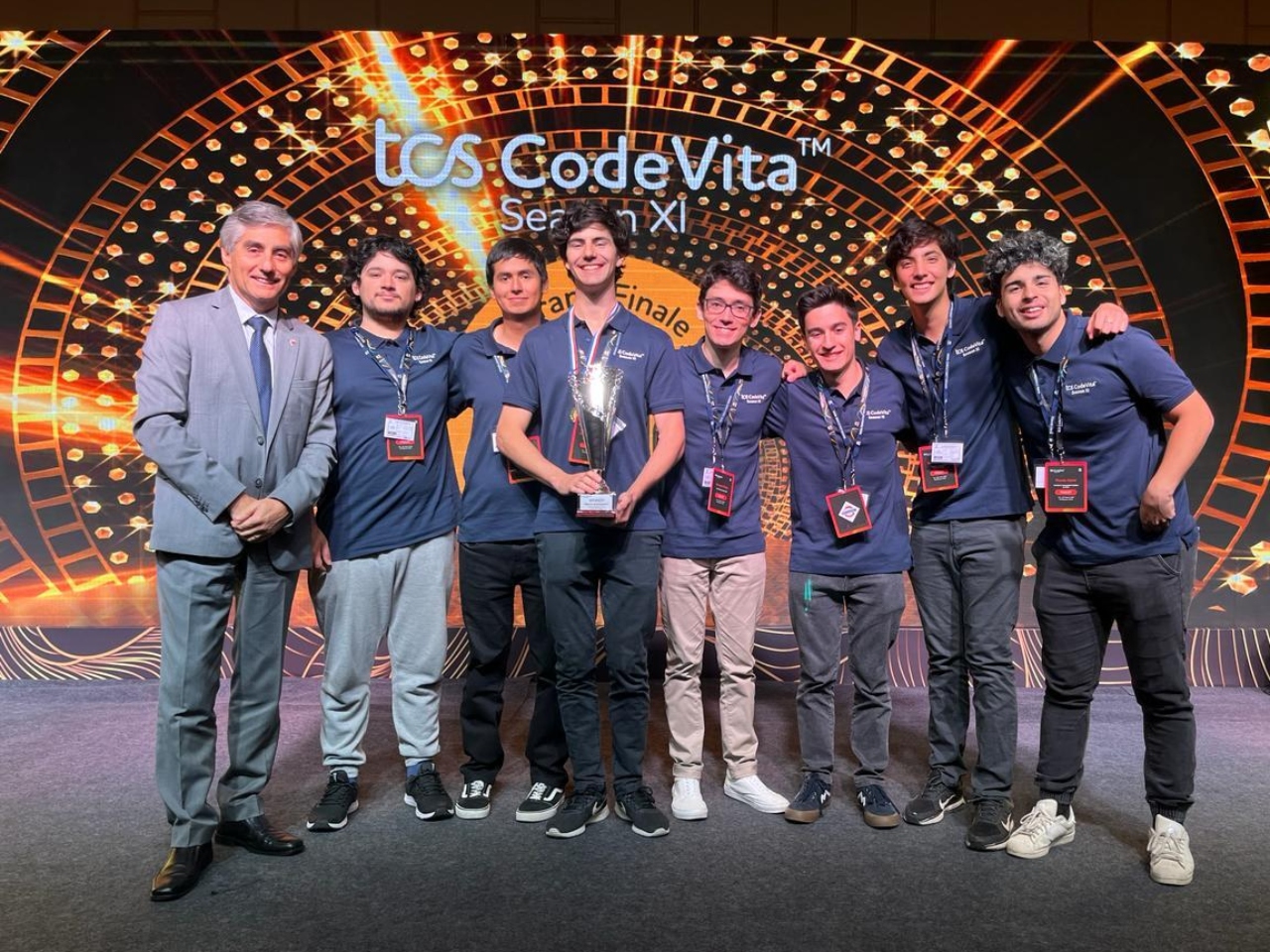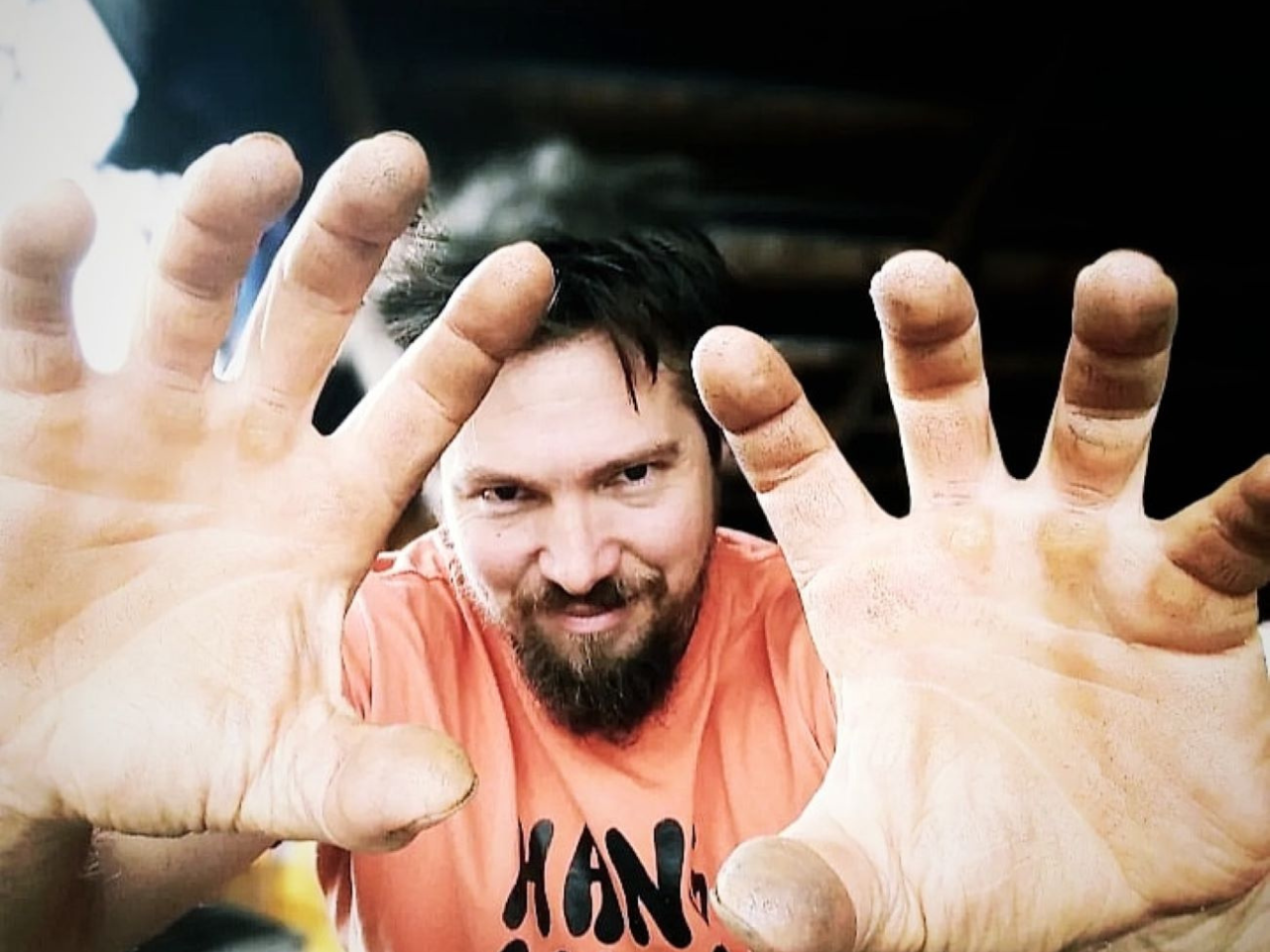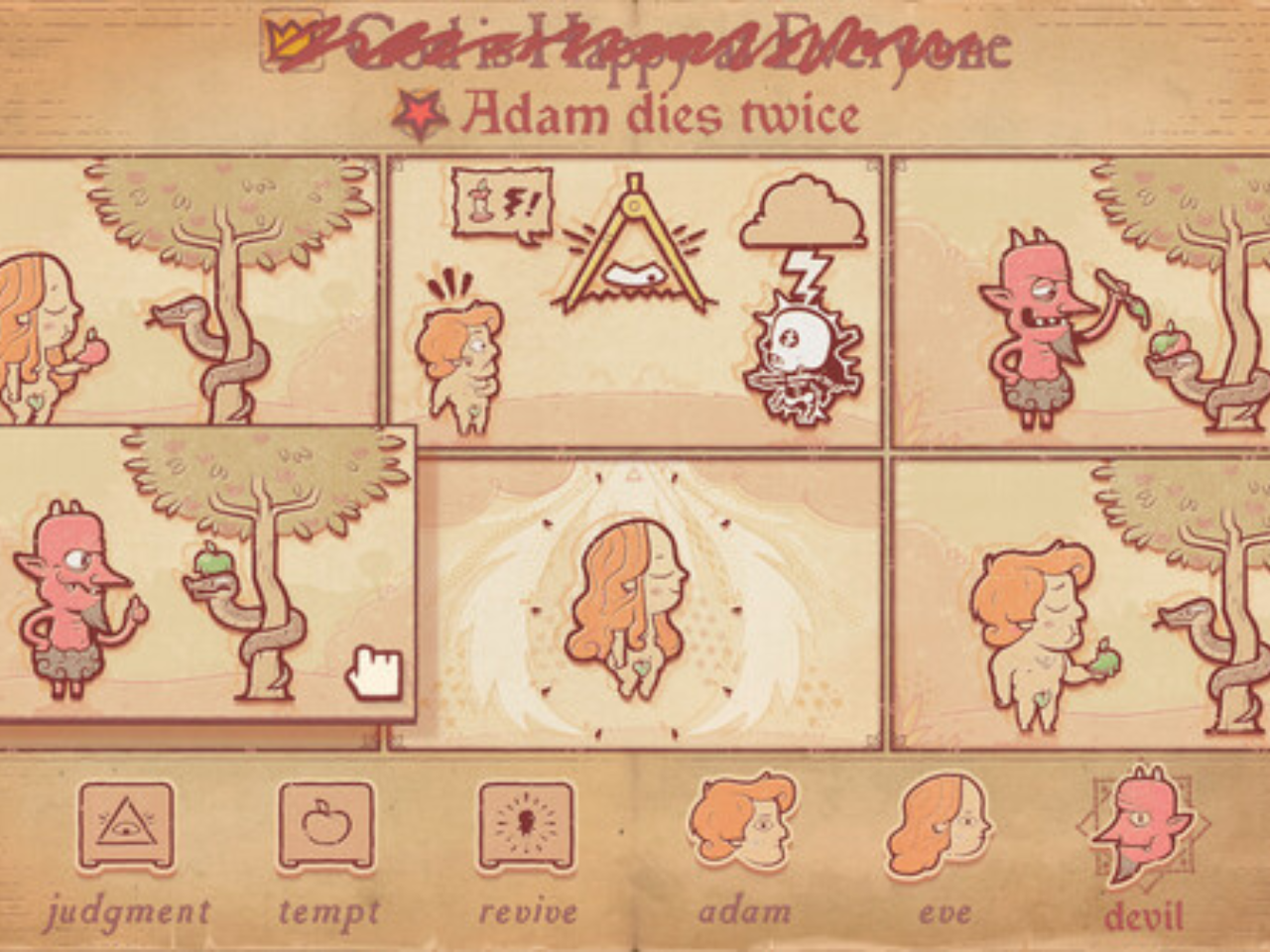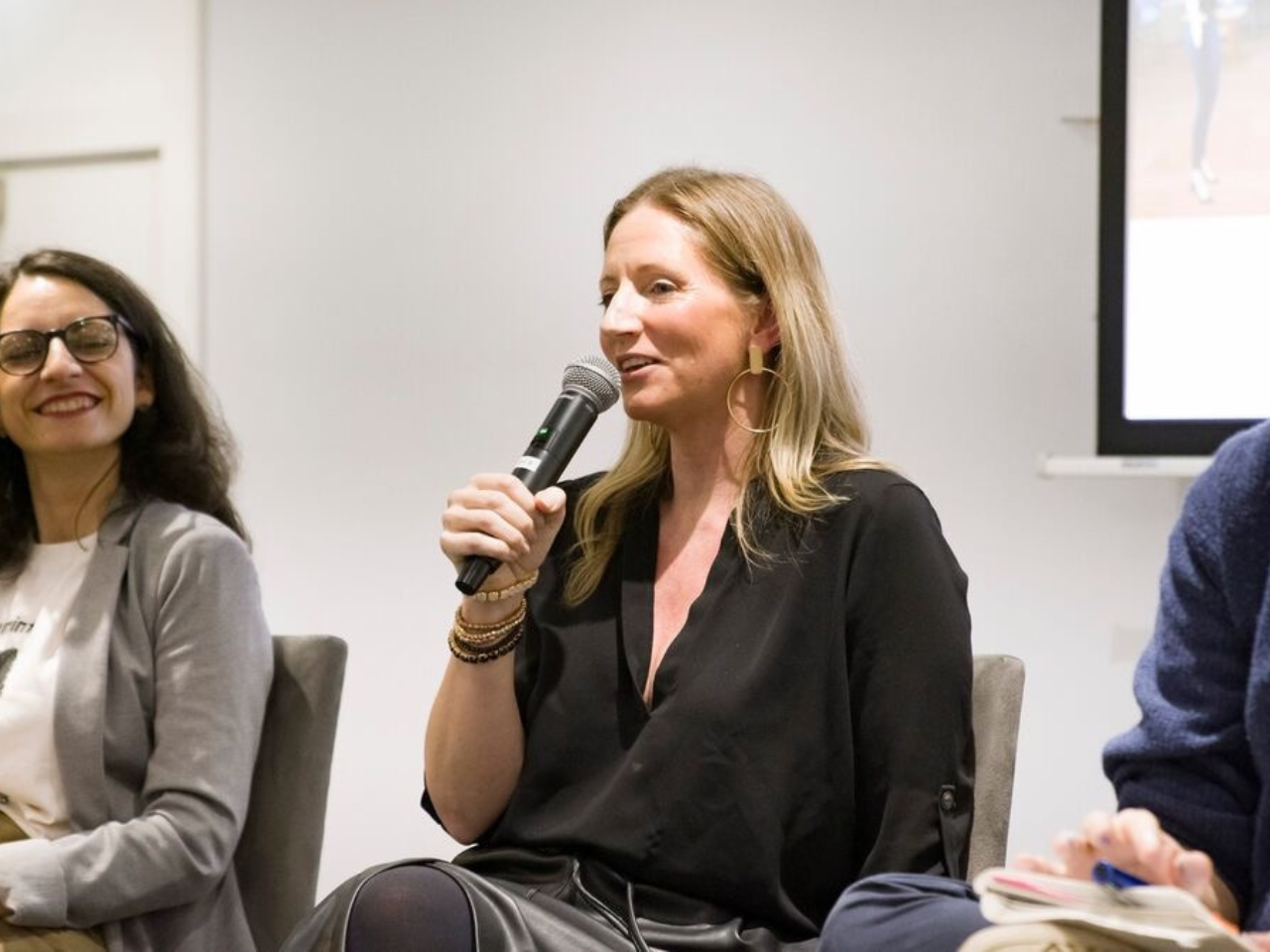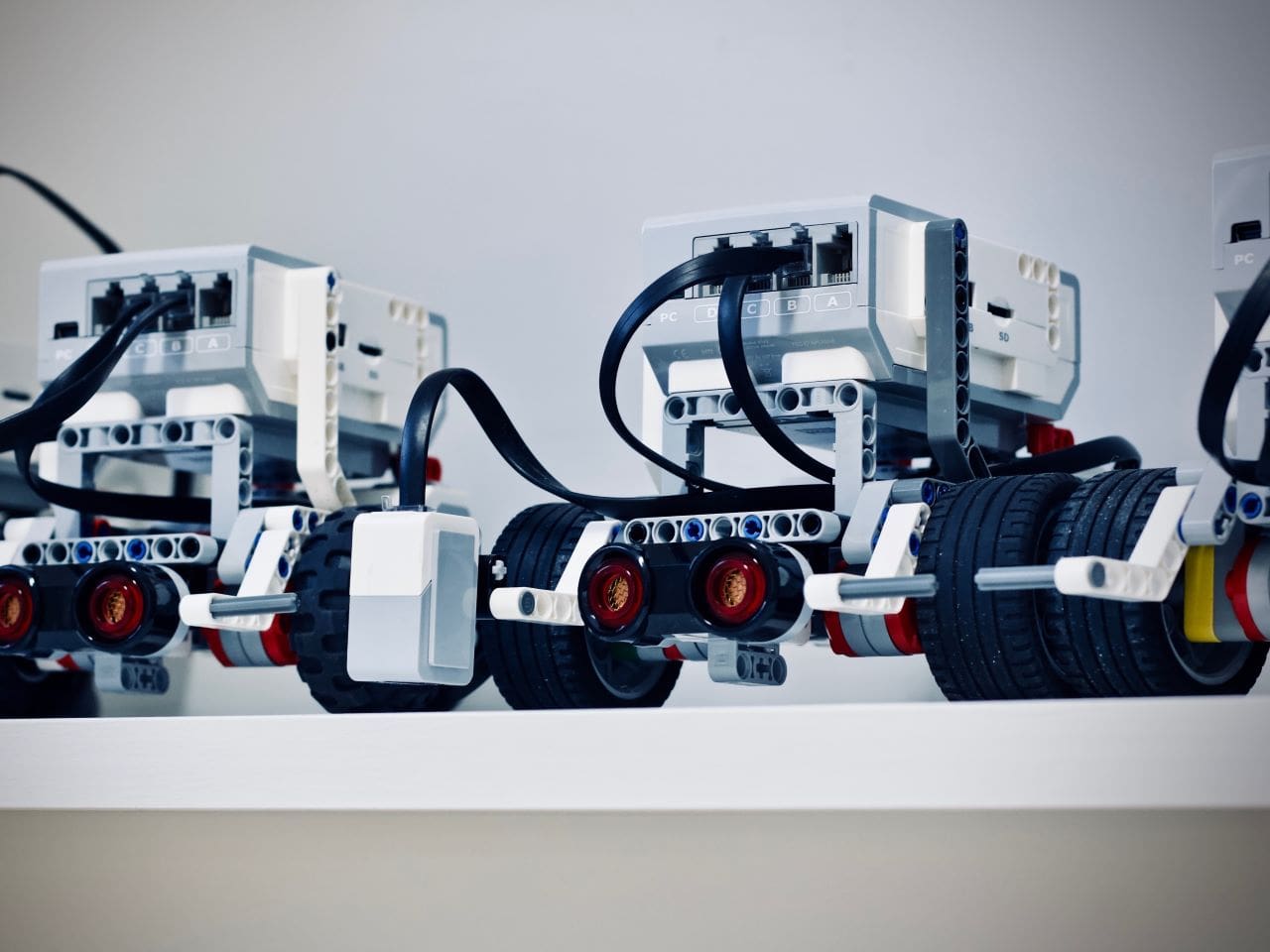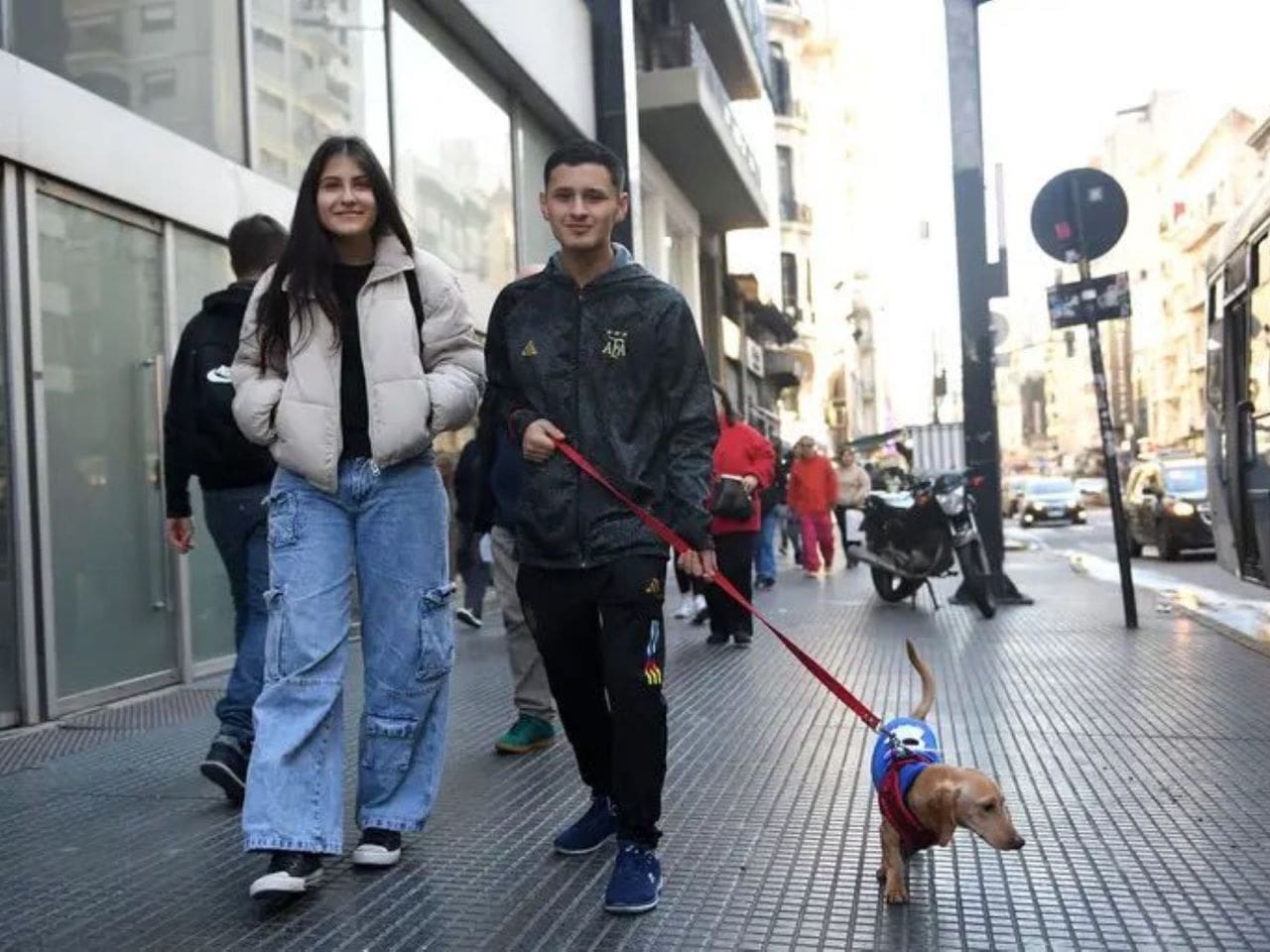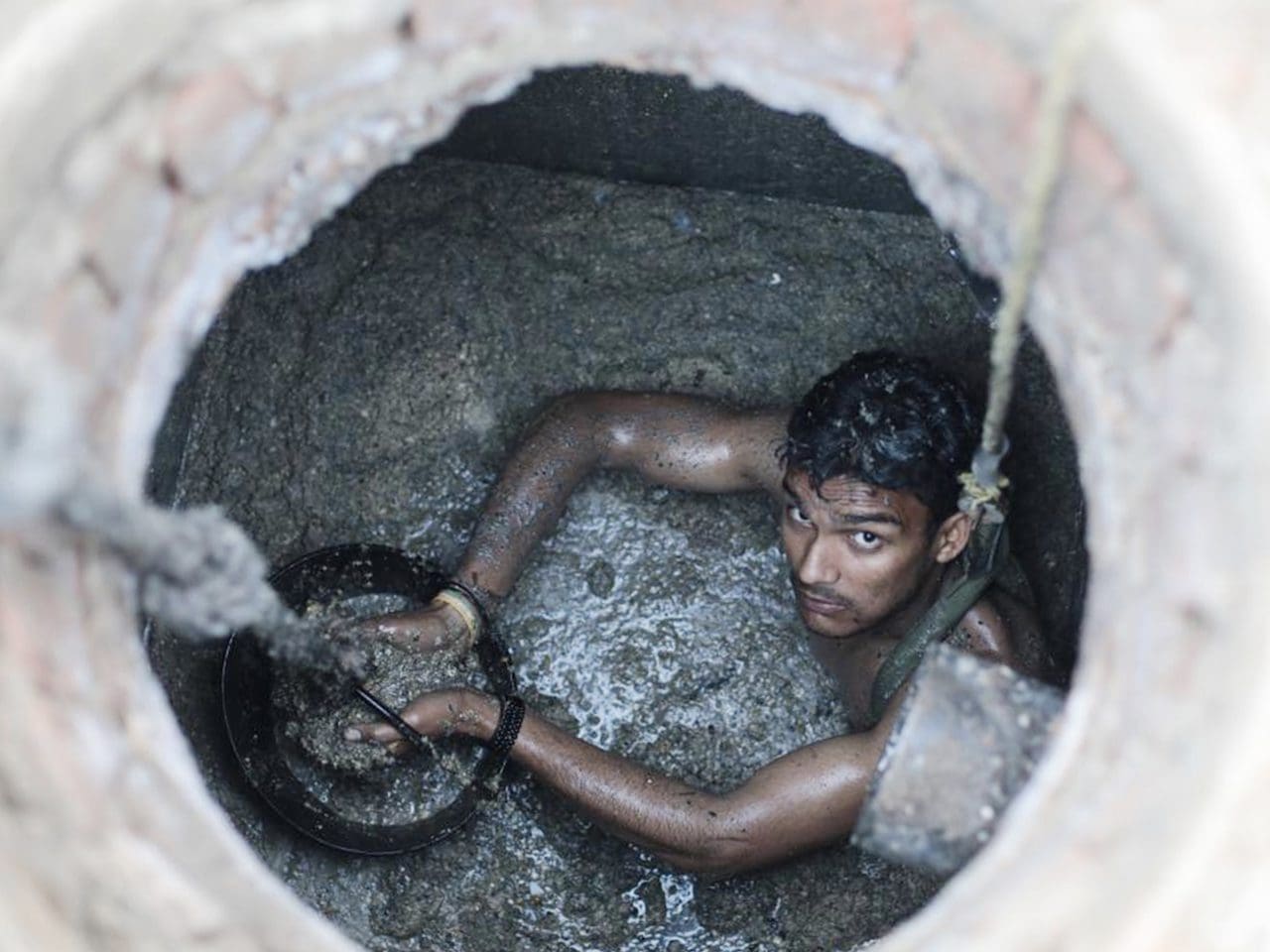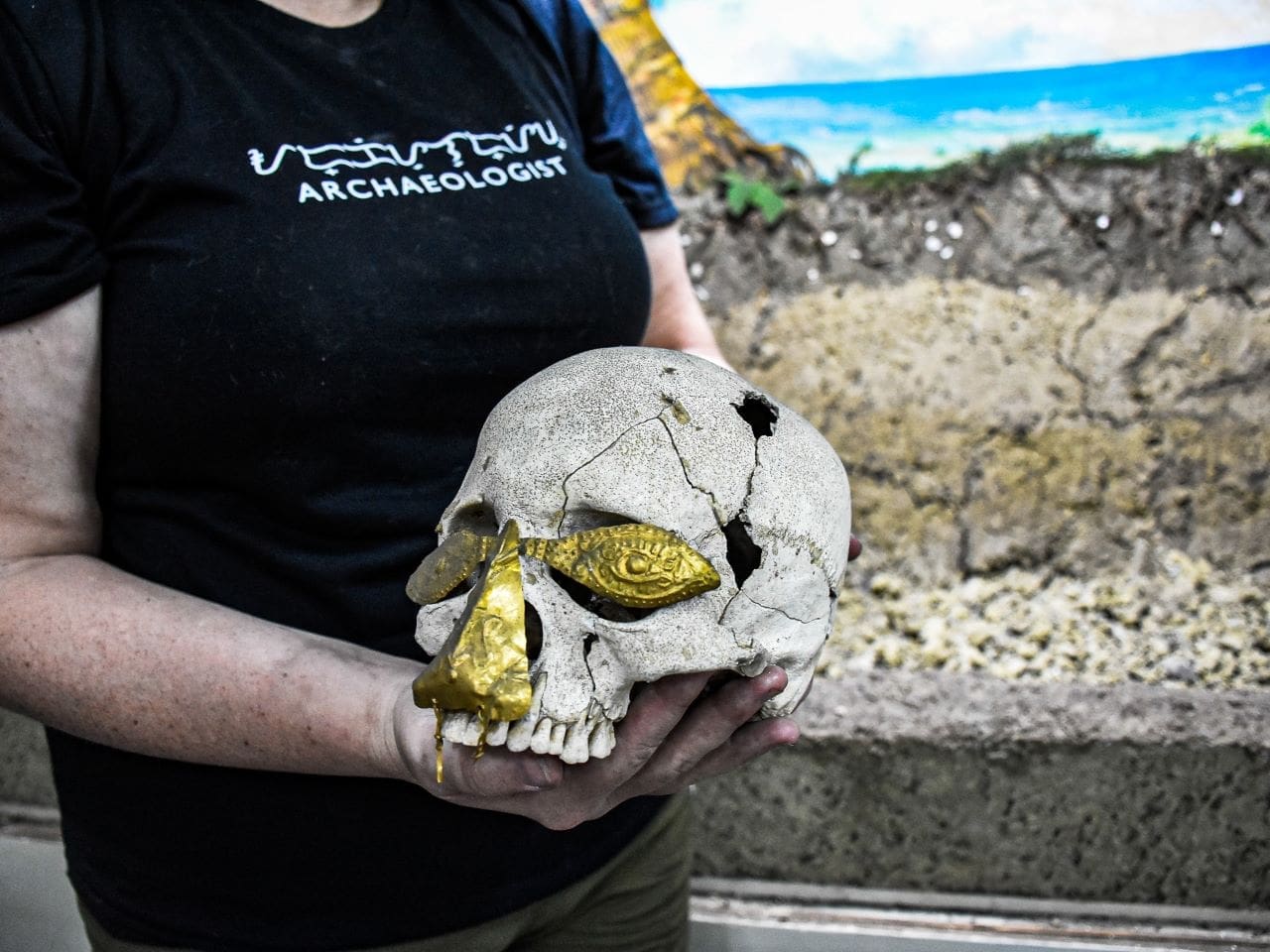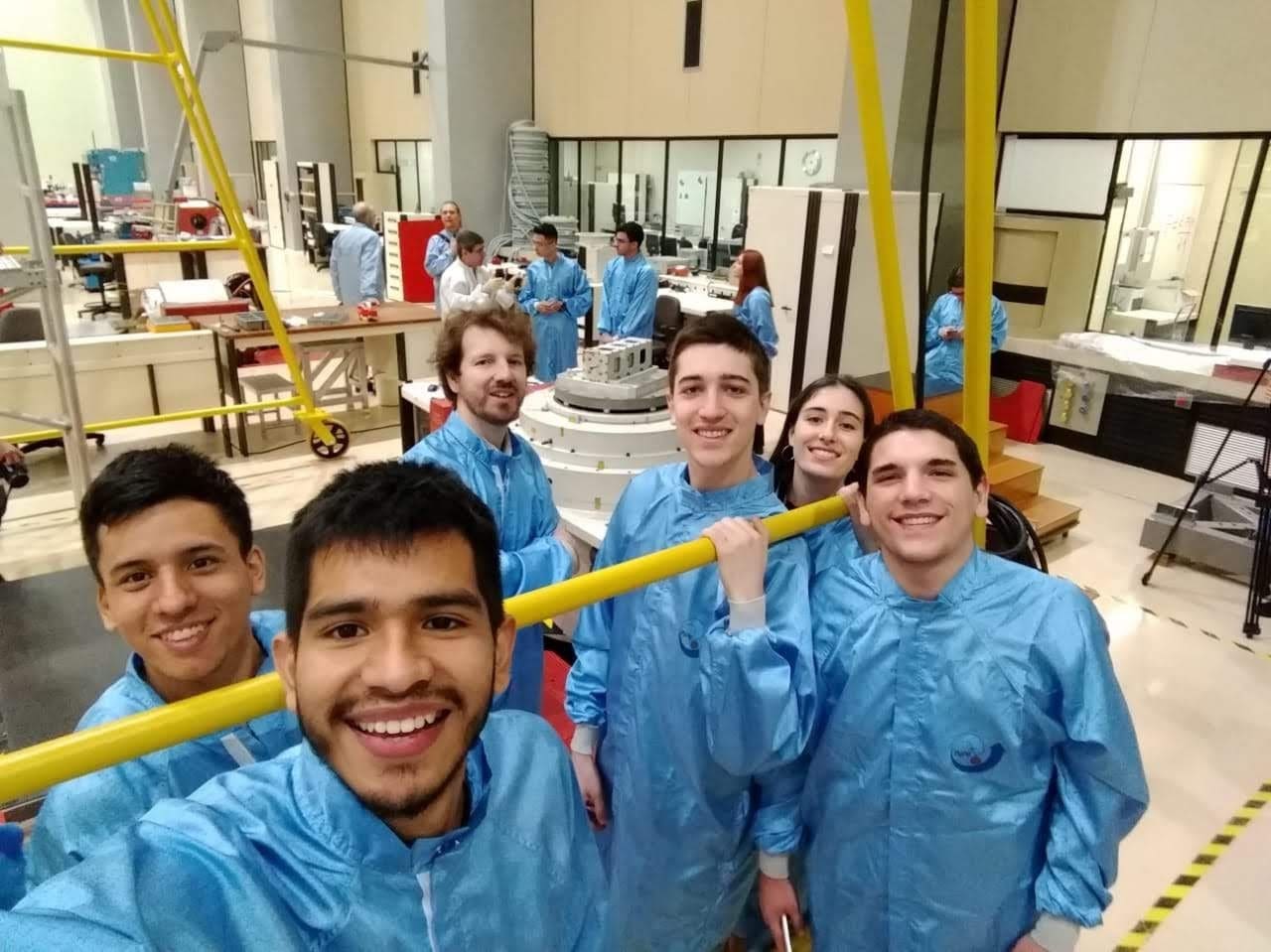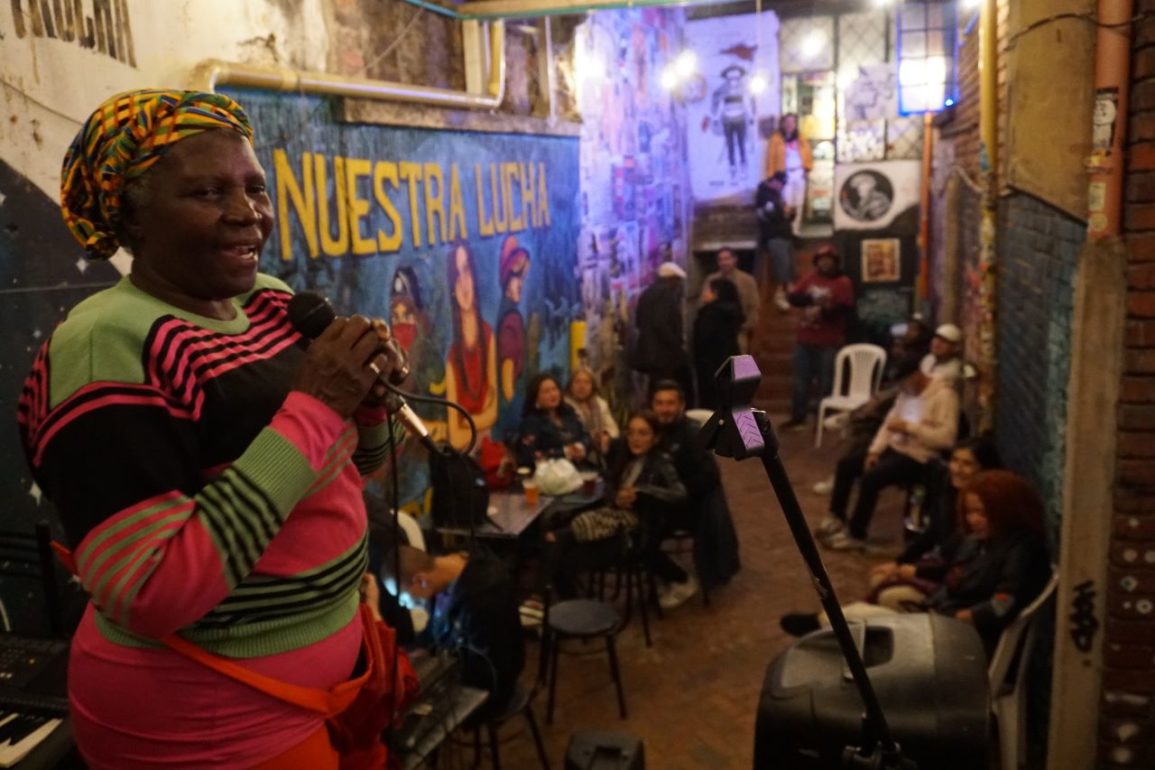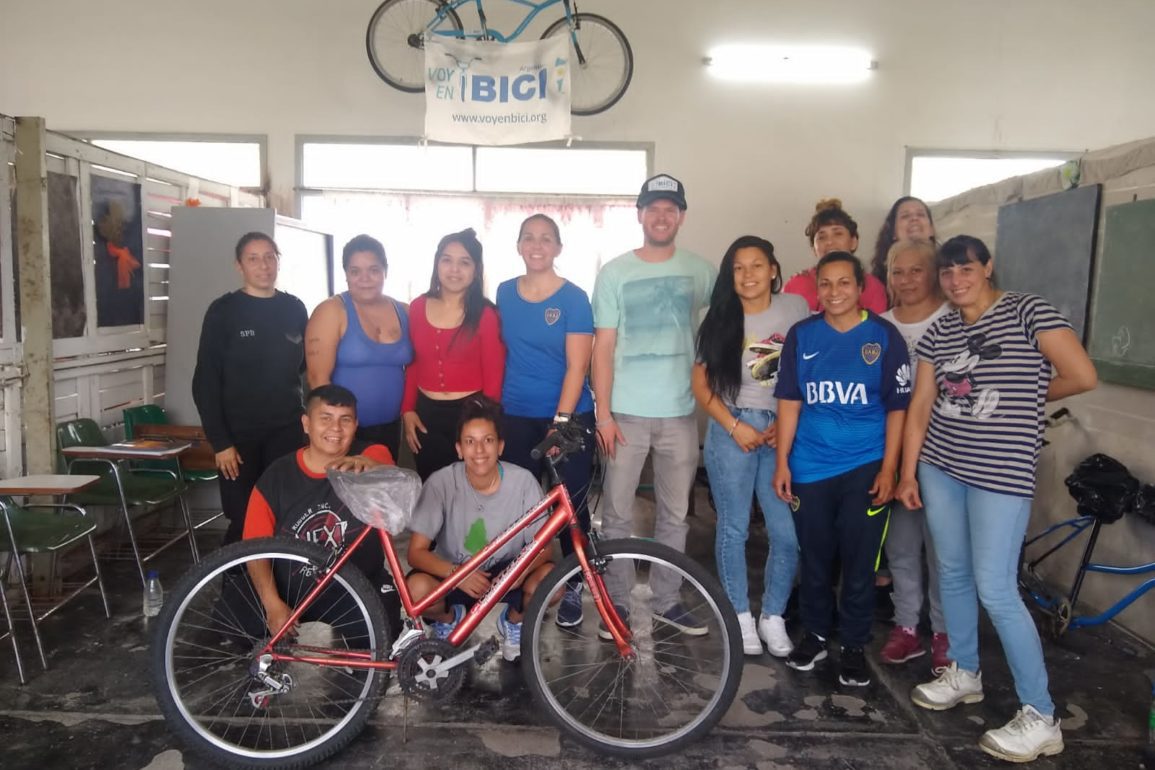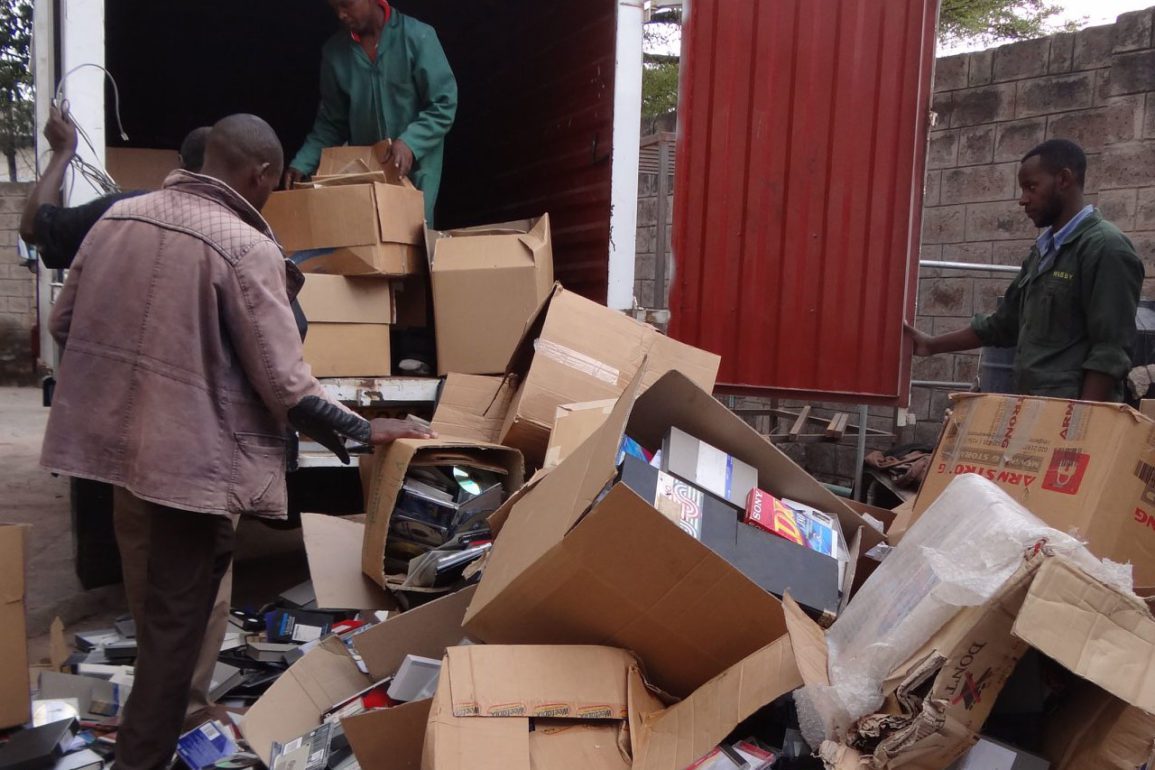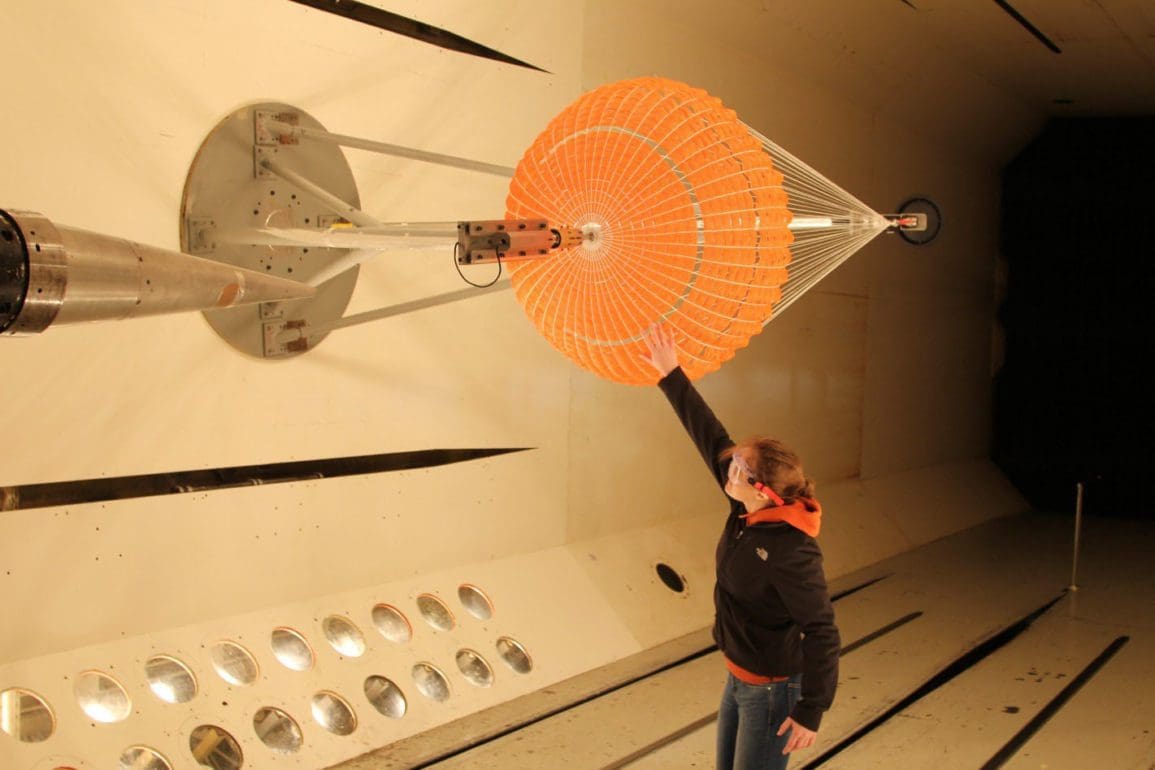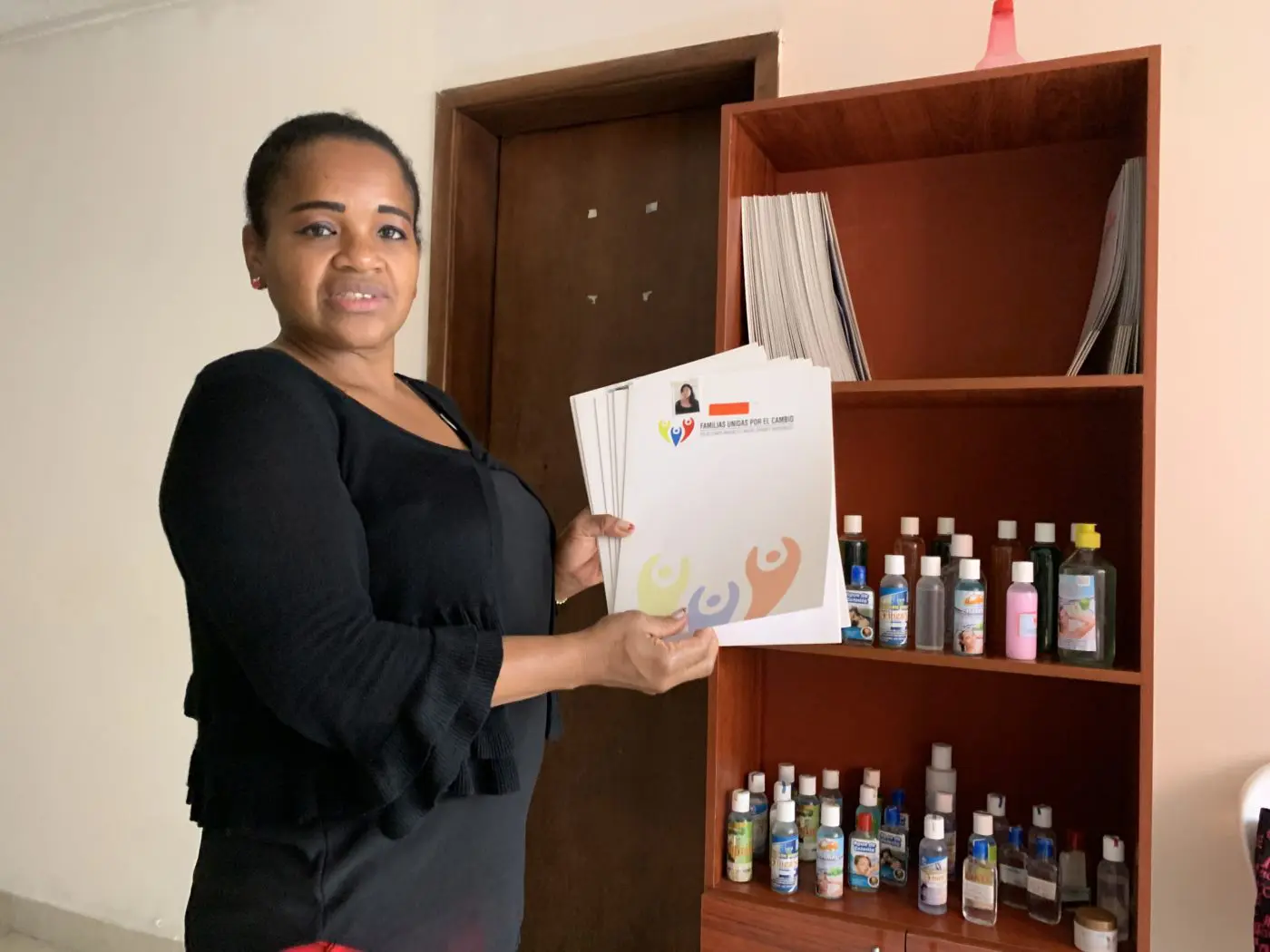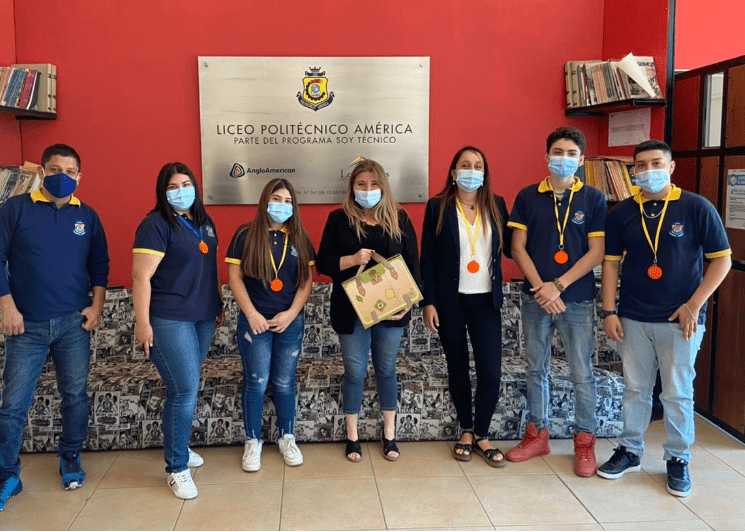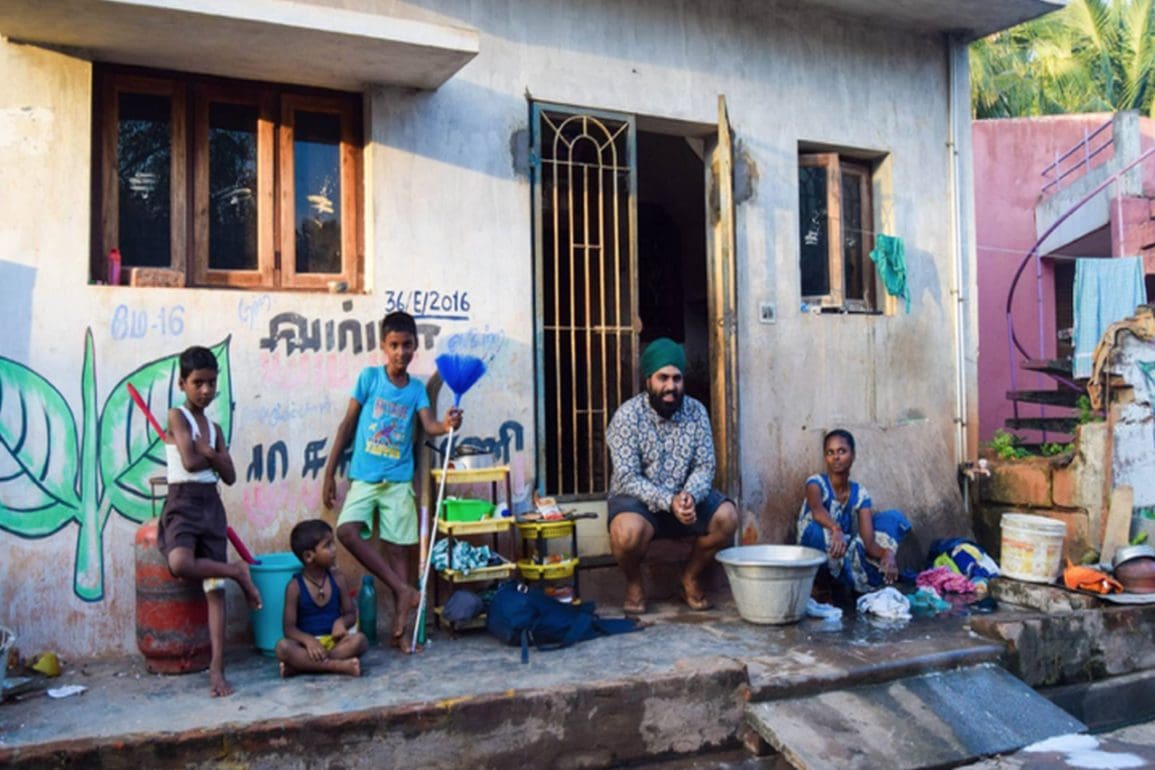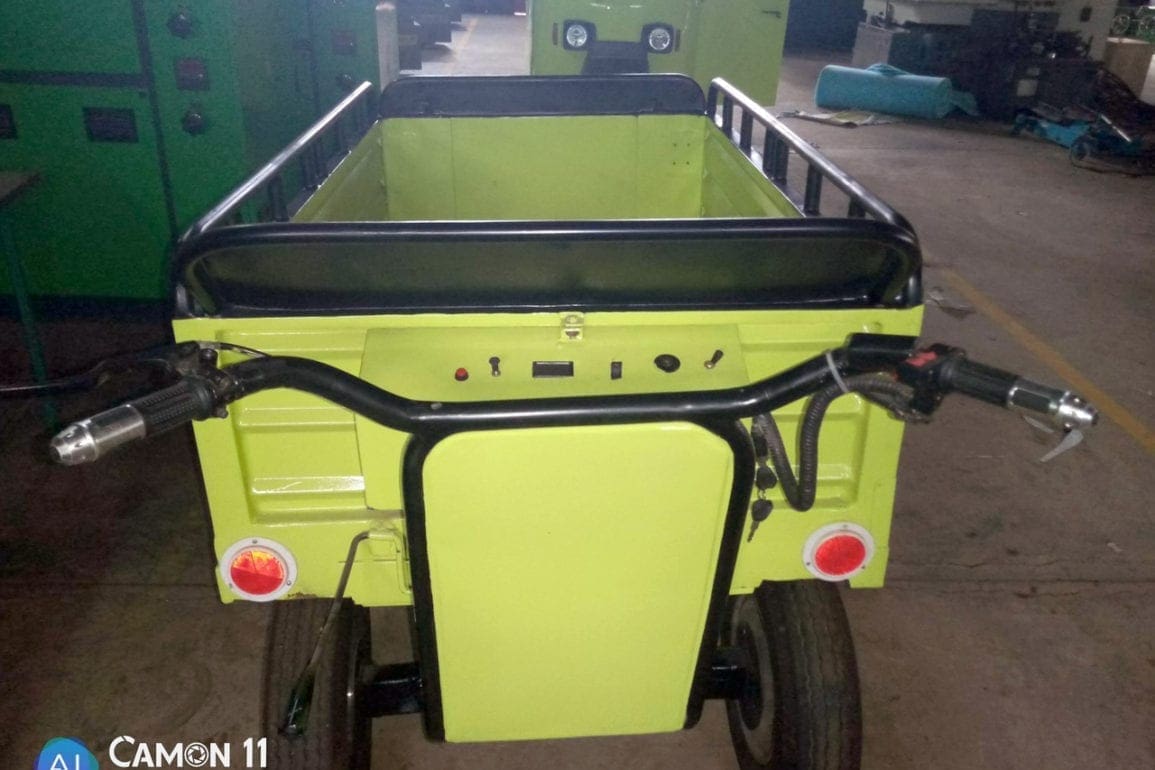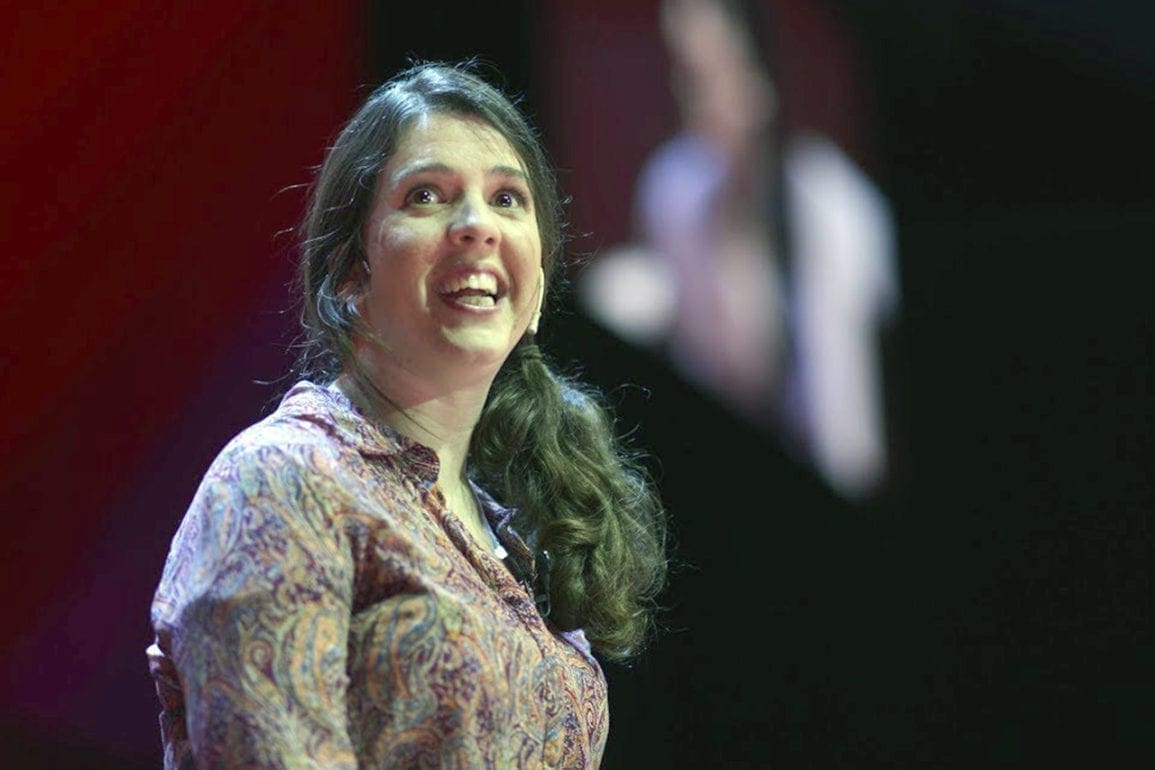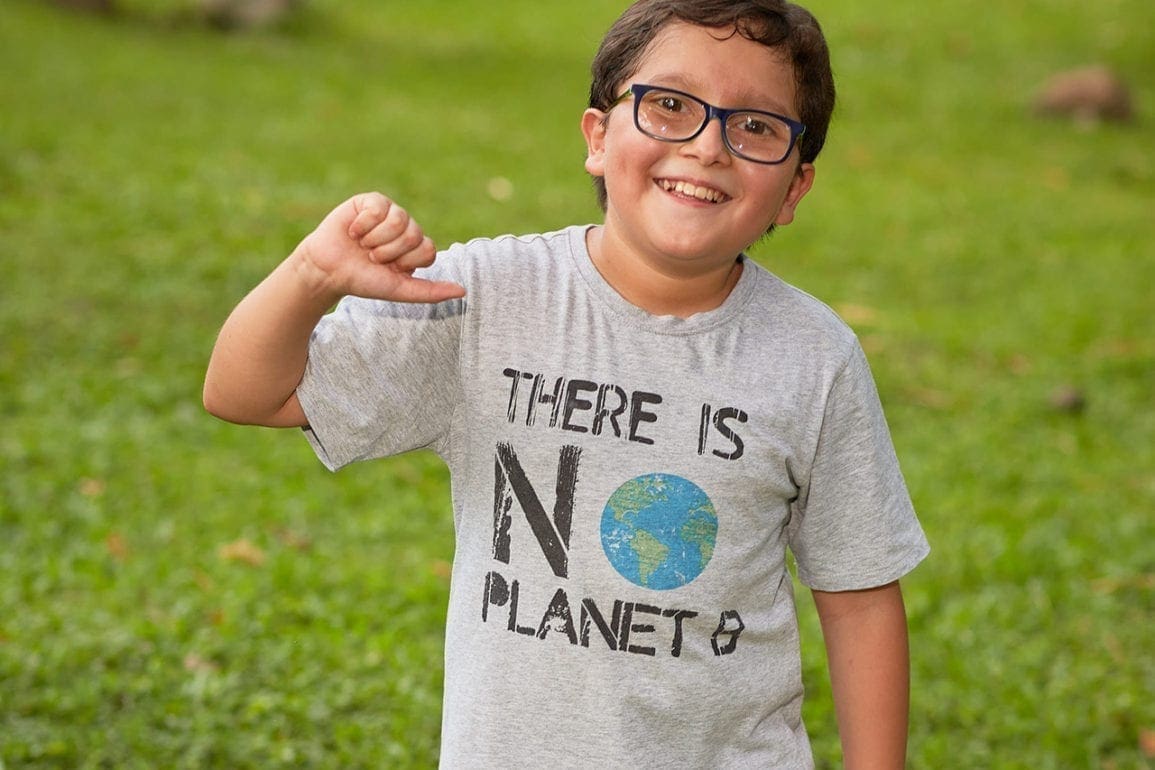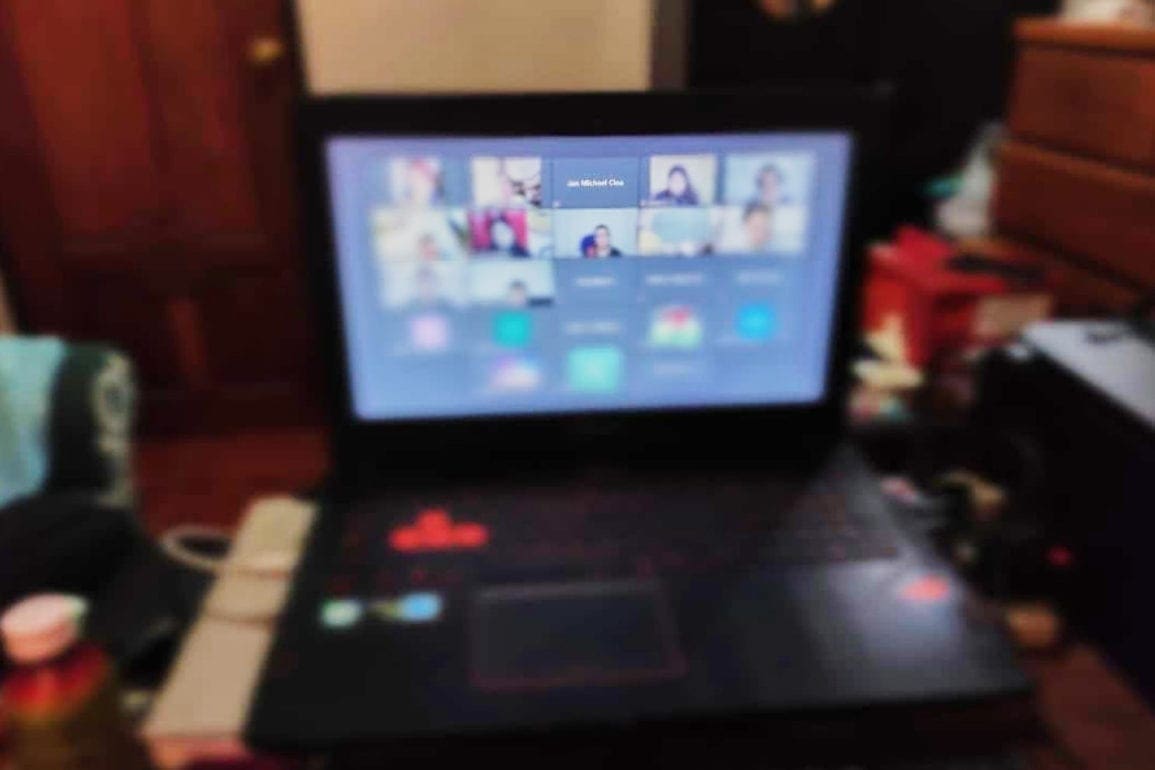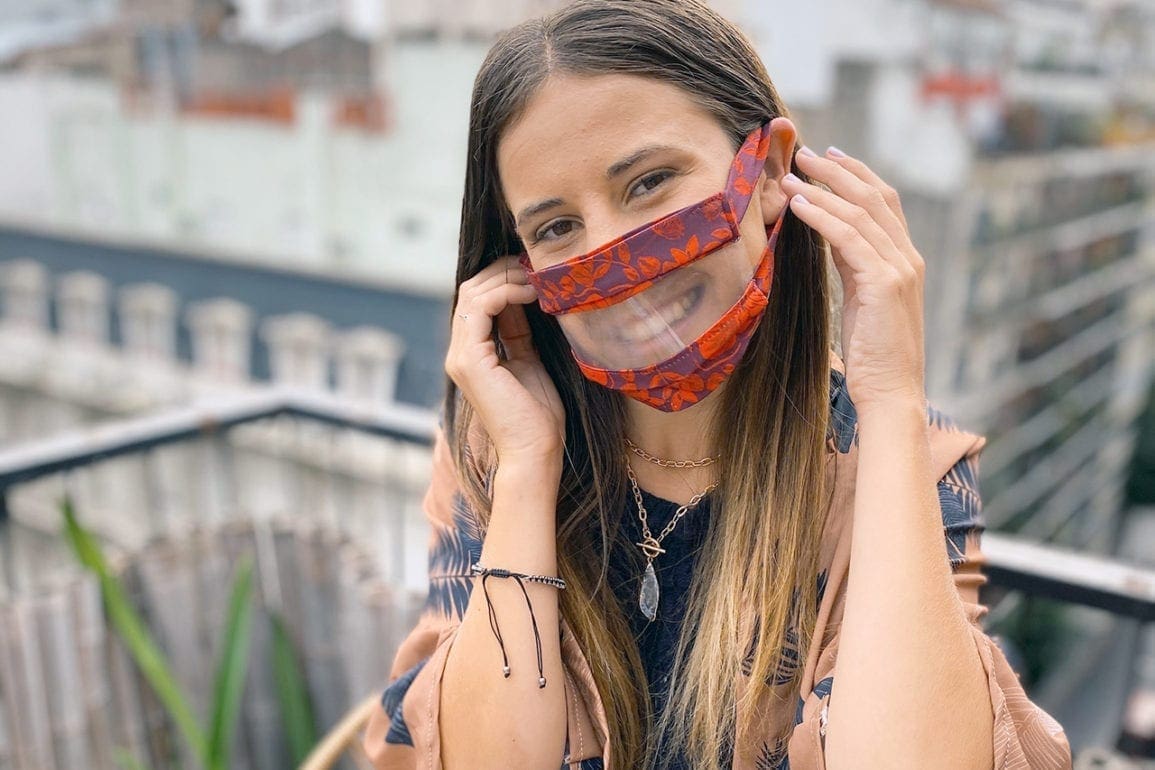After hearing her daughter’s screams, young mother develops safer cooking tools for Kenya’s slums
I was terrified and could feel my heart beating out of my chest. I never anticipated my own daughter would fall victim to these cooking stoves. I knew something had to be done.
- 2 years ago
January 7, 2023
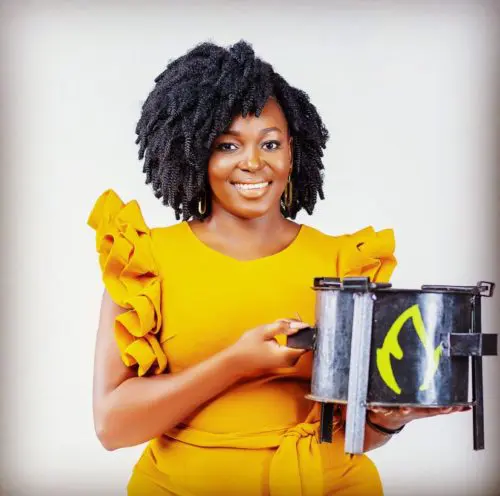
NAIROBI, Kenya – I grew up in the slums of Mukuru, in a small makeshift house made of iron sheets. Every day, my mother cooked on an old, traditional kerosene stove or a charcoal burner we called a jiko. These stoves, used by the women in the 30 villages of Mukuru, filled the streets with smoke so thick you could barely breathe.
We heard stories of children dying from carbon dioxide inhalation. Adults and children frequently endured severe burns from these tools. One day, as I prepared food, my daughter Harmony walked in. With my back turned for a brief moment, I heard her screams.
In complete shock, I never imaged my own daughter falling victim to this problem. Terrified and guilt-ridden, my heart beat out of my chest. I rushed her to the hospital and waited by her side while they treated her for severe burns. Feeling so much stress and anger, I knew something needed to be done.
Orphaned by 10, woman fights for her own survival
Watching the women in my life cook and work every day, I felt a great sense of pride. Yet, seeing how detrimental our cooking stoves were, I dreamed of making our lives easier. I wanted to positively impact my community, to help the earth, and to prevent children like my daughter from being injured.
Read more stories about the environment at Orato World Media.
I set out to make a change. “I will never allow the people I love to be put in harm’s way again,” I thought, but first, I reflected on my life. Being raised in the slums of Nairobi, I am no stranger to deplorable living conditions. Lack of food and exposure to dangerous accidents threatens us constantly.
My father died when I was two years old, and my mother raised us by herself for a while. I watched her take the lead and provide in any way she could. I also watched her struggle to find money just to buy charcoal or kerosene to cook a meal. Even as a child, I understood the sacrifices she made.
Then, at the age of 10, I lost her too. Life took a different turn. All alone, I had to depend on other people’s generosity for survival. At 16, I dropped out of school to care for my newborn daughter Harmony. Things looked hopeless, but I did my best to stay strong.
Through the kindness of a stranger, I earned my education and continued studying at Kenyatta University School of Environmental Science. My vision to build something to help the world took root.
A dream, a team, and a solution
Using what I learned in college, I focused on the problems in my community: indoor air pollution, burn injuries, and excessive fuel consumption. The stoves not only harmed us directly, they caused great damage to the environment.
I assembled a team to research eco-friendly solutions. We picked up scrap metal from around the slums to design the first prototypes. Walking through the streets, we gathered paint cans, metallic oil containers, and anything useful we could find. We began designing stoves, upgrading along the way, and came up with an affordable product made of 85 percent raw material.
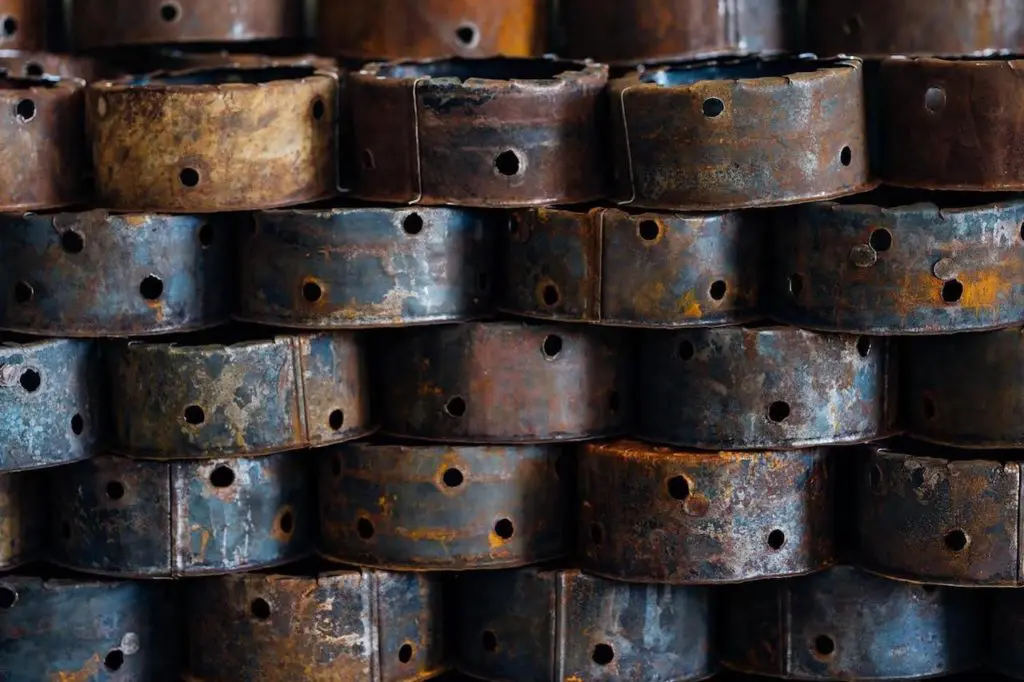
I remember learning from the World Health Organization that burning fuels expose families to air pollution at levels up to 50 times greater than recommended guidelines for clean air. The motivation consumed me to find alternatives for cooking in Nairobi, to reduce burning fuels and carbon emissions. Next, I turned my attention to the fuel itself. What could we create that is affordable and poses less threat to our bodies?
We came up with an eco-friendly fuel made of water hyacinth, sorghum and sugarcane waste, and cassava stems. In 2017, we founded Mukuru Clean Stoves – an idea born in the slums of Nairobi which has made its way out into the world.
Empowering women around the world
From the design phase to the usage phase, Mukuru Clean Stoves puts women at the forefront. More than 200 women have helped to market and sell our stoves. Above all else, we seek to empower women.
From the slums of Mukuru, we made our way to Rarieda, western Kenya, andparts of Kakamega County. These rural areas have the highest numbers of accidents and health issues related to the old cooking stoves. I felt compelled to help these areas first, because they hold a special place in my heart. I come from similar conditions.
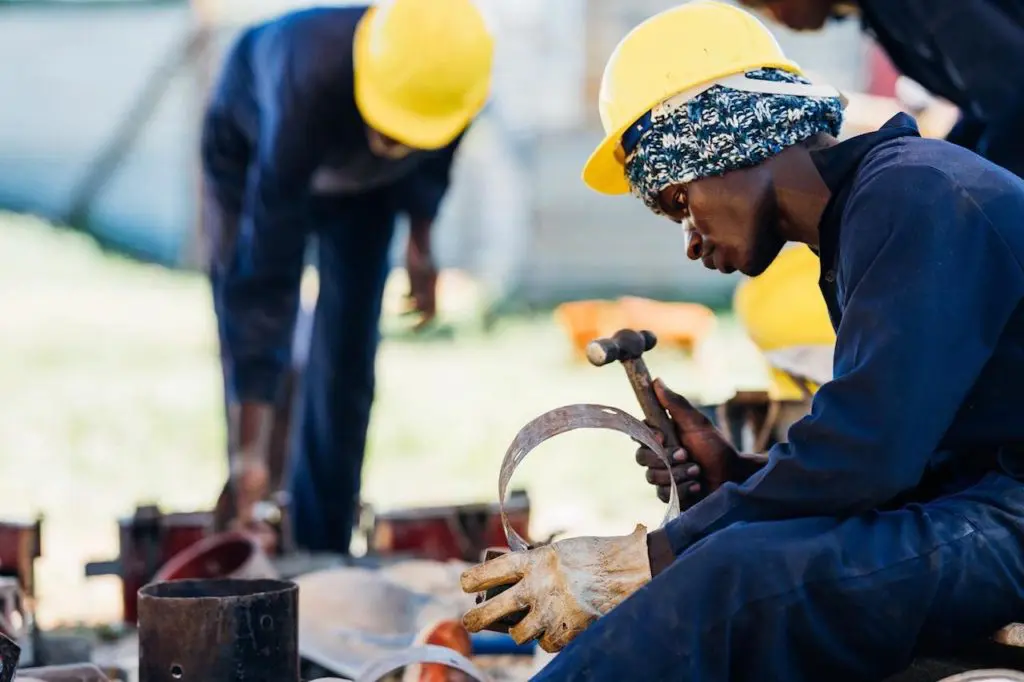
I see the zeal and tenacity of the women who live there. They inspire the very name of our company. I watch as mothers put their own health second to feeding their families. In those women, I see my mother, and I see myself. I want to give them something that helps and shows my gratitude for their work.
Mukuru Clean Stoves would not exist without the women behind the work. I do not regret my upbringing, nor where I come from. Rather, I feel proud of the person I became, and the people in my life. I hope, in the future, my stoves will be used around the world.




























